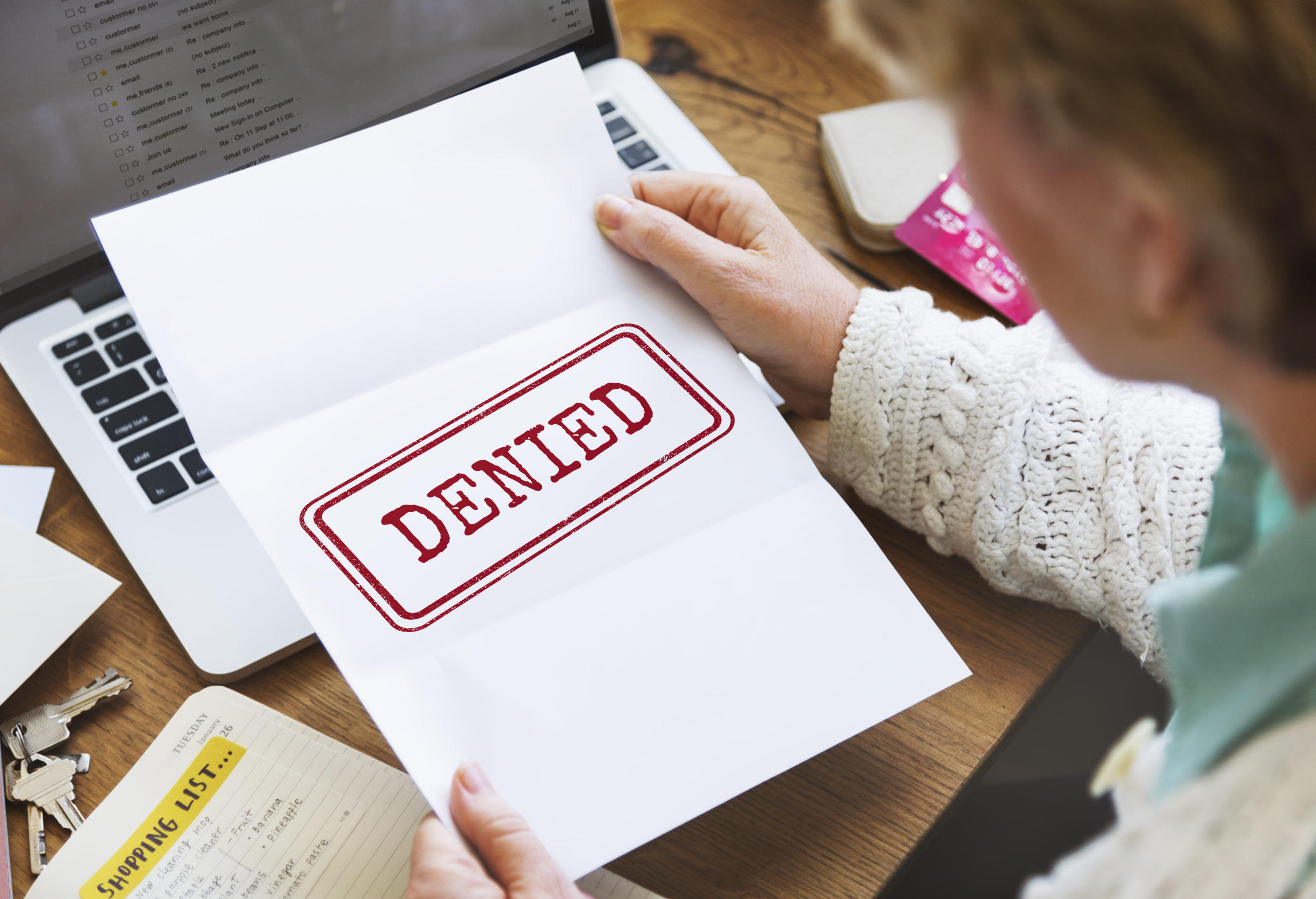“Centripetal noted in its petition that the [CAFC] decision, in addition to ‘[wiping] out a multibillion-dollar judgment without so much as considering the merits,’ also ‘gave short shrift to the district court’s concerns that the outright sale of Cisco stock on the eve of a ruling against Cisco could create its own appearance problems.’”
 The U.S. Supreme Court today denied certiorari in Centripetal Networks v. Cisco Systems, Inc., a case that asked the Court to consider the question “[w]hether placing stock in a blind trust satisfies [28 U.S.C.] §455(f) and, if not, whether…[it] constitutes harmless error under Liljeberg v. Health Services Acquisition Corp., 486 U.S. 847 (1988).”
The U.S. Supreme Court today denied certiorari in Centripetal Networks v. Cisco Systems, Inc., a case that asked the Court to consider the question “[w]hether placing stock in a blind trust satisfies [28 U.S.C.] §455(f) and, if not, whether…[it] constitutes harmless error under Liljeberg v. Health Services Acquisition Corp., 486 U.S. 847 (1988).”
James Edwards, a consultant to Centripetal and to amici Eagle Forum ELDF and Committee for Justice, as well as head of amicus, Conservatives for Property Rights, wrote on IPWatchdog last week that Centripetal and other amici hoped the High Court would take the case to clarify the judicial recusal statute. The Federal Circuit’s June 2022 ruling “cast doubt upon the judiciary’s impartiality and [risks] public confidence in the judicial system,” Edwards wrote, summarizing the petitioner’s argument.
The Federal Circuit decision vacated a judge’s decision awarding Centripetal enhanced damages and royalties exceeding $2.75 billion. The court ruled that Judge Henry C. Morgan, Jr. of the United States District Court for the Eastern District of Virginia was disqualified from hearing the case after becoming aware of his wife’s ownership of $4,687.99 in Cisco stock, ultimately reversing the district court’s denial of Cisco’s motion for recusal and vacating all orders and opinions of the court, including the final judgment in favor of Centripetal.
But Centripetal noted in its petition that the decision, in addition to “[wiping] out a multibillion-dollar judgment without so much as considering the merits, “ also “gave short shrift to the district court’s concerns that the outright sale of Cisco stock on the eve of a ruling against Cisco could create its own appearance problems.” Centripetal added that the effect will be to “chill the enforcement of valid patents by small inventors.”
Centripetal CEO Jonathan Rogers also testified before the House IP Subcommittee earlier this year, on the same day that the Federal Circuit delivered its ruling, to share its patent enforcement story. Rogers told the Subcommittee members about the company’s long-running battle with Cisco, blaming the Patent Trial and Appeal Board (PTAB) for enabling a business model of “predatory patent infringement.”
Cisco filed 14 IPRs on Centripetal’s patents directed to systems that engage in complex computer networking security functions and “most claims were found to be valid,” Rogers said. However, this delayed the parallel litigation for nearly a year, during which time “Centripetal was forced to compete in the market against our own patented technology, but sold by Cisco’s massive global sales force.” The trial ultimately started in April 2020, and Centripetal prevailed when, in October 2020, the court found Cisco had willfully infringed. But with the Federal Circuit’s decision, which turned on the issue of the late-discovered interest in Cisco stock held by the judge’s wife, “we will have to do it all again,” Rogers said. This scenario is untenable for companies, he explained to the congress members:
“When we do finally conclude the Cisco litigation, we will have defended the validity of each patent at least three times after its issuance, and likely more. The odds become impossible where David has to slay Goliath over and over again. Companies like Cisco know this, and it is why predatory patent infringement has become an institutionalized business model. Unfortunately, the current state of the patent system is helping them do it. The PTAB has become an extra tool for abuse, which multiples cost.
Rogers said Centripetal has been the subject of 30 IPRs from very large competitors, not because their patents are bad, but “because they’re valuable. The goal should be quiet title to support technology investment,” he added.
Image Source: Deposit Photos
Author: Rawpixel
Image ID: 126319192

![[IPWatchdog Logo]](https://ipwatchdog.com/wp-content/themes/IPWatchdog%20-%202023/assets/images/temp/logo-small@2x.png)

![[Advertisement]](https://ipwatchdog.com/wp-content/uploads/2024/04/UnitedLex-May-2-2024-sidebar-700x500-1.jpg)
![[Advertisement]](https://ipwatchdog.com/wp-content/uploads/2024/04/Artificial-Intelligence-2024-REPLAY-sidebar-700x500-corrected.jpg)
![[Advertisement]](https://ipwatchdog.com/wp-content/uploads/2024/04/Patent-Litigation-Masters-2024-sidebar-700x500-1.jpg)

![[Advertisement]](https://ipwatchdog.com/wp-content/uploads/2021/12/WEBINAR-336-x-280-px.png)
![[Advertisement]](https://ipwatchdog.com/wp-content/uploads/2021/12/2021-Patent-Practice-on-Demand-recorded-Feb-2021-336-x-280.jpg)
![[Advertisement]](https://ipwatchdog.com/wp-content/uploads/2021/12/Ad-4-The-Invent-Patent-System™.png)






Join the Discussion
3 comments so far.
Anon
December 7, 2022 02:43 pmThe say bad facts make bad law, and — unfortunately — the judge in this case simply did not abide by the letter of the law — even if for argument’s sake you fully accept that he was trying to do his very best to do the right thing.
David Lewis
December 6, 2022 01:41 pmI can see assigning the label of “crookery” to the fact that a patent owner needs to defend its patent multiple times to prevail in an infringement suit.
However, despite the ruling further infringement of a likely infringer, the ruling regarding the recusal is likely correct. What occurred, did create or came close to creating an appearance of one judge having a possible bias, which, in the long run, has a real possibility of affecting the integrity of the court, were this case to be decided differently and be added to Federal Circuit’s body of case law.
However, it seems to me that, in a more just world, the US government would now owe the damages to the parties to the case, and at the very least would pay the attorney’s fees to both parties.
Model 101
December 6, 2022 10:20 amThis is just more crook stuff.
I’ve been reading about it for decades.
Instead of being judges, you’re dealing with crooks.
I’m sure the judges all got fat payoff’s from Cisco.